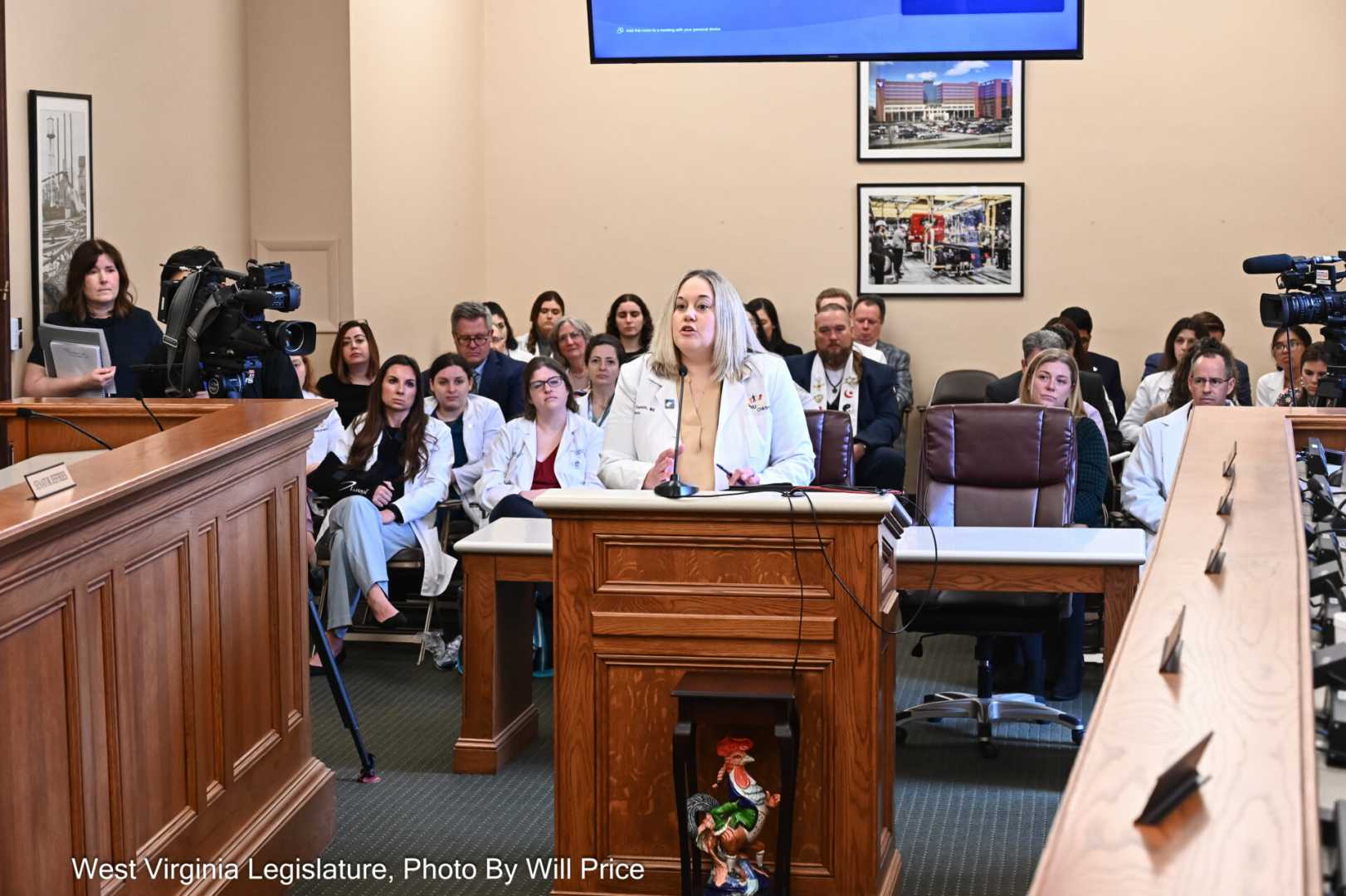Health
West Virginia Senate Considers Vaccine Religious Exemption Bill Amid Health Concerns

CHARLESTON, W.Va. — West Virginia‘s Senate Health Committee convened on Thursday to discuss a proposed bill that would create religious and philosophical exemptions for mandatory childhood vaccinations. The two-hour meeting, held in a packed committee room, drew both support and opposition from healthcare advocates and concerned citizens alike.
Under the proposed legislation, families could submit an annual written statement claiming a religious or philosophical objection to vaccinations required for school attendance. This bill, introduced on behalf of new Governor Patrick Morrisey, aims to amend the state’s current requirements, which do not allow for such exemptions.
Dr. Matthew Thomas, a pediatric infectious diseases specialist at West Virginia University Children’s Hospital, expressed significant concerns about the potential ramifications of loosening vaccination laws. “My job as a physician of West Virginians is to protect my home,” he stated. Thomas cautioned that decreased vaccination rates could lead to outbreaks of preventable diseases, particularly in West Virginia’s vulnerable rural areas.
He emphasized the importance of vaccinations in safeguarding public health, noting, “These diseases rob people of their freedom to pursue happiness in the United States and in West Virginia.” Doctors and healthcare professionals echoed these sentiments during the committee’s discussions.
Hallie Davis, a 20-year-old from Wood County, testified about her struggles with vaccine exemptions and the impact of adverse reactions. “I believe it’s crucial to protect individuals’ rights to choose after making an informed decision on their own health,” Hallie said, advocating for the proposed bill.
The proposed legislation comes in the wake of former Governor Jim Justice‘s previous vetoes on bills that would have softened vaccination requirements and allowed more flexible school policies. Morrisey’s administration intends to introduce a formal process for religious exemptions, potentially making it easier for families to opt out of vaccinations.
During the meeting, Jennifer Gerlach, a pediatrician from Marshall Health, warned that exemptions could promote the spread of diseases. “These are safeguards in place so that our children are protected,” Gerlach told the committee. Her comments highlighted a growing concern that the state’s historically high vaccination rates could decline if the bill is enacted.
Recent public health statistics illustrate a trend of increasing exemptions across the United States, which may compromise herd immunity and lead to outbreaks of diseases long considered controlled. For instance, a recent measles case in Monongalia County required extensive contact tracing and cost local health officials $15,000.
As the bill progresses to the Senate floor, it remains to be seen how lawmakers will balance individual rights with public health imperatives. The committee’s decision marks a pivotal moment in West Virginia’s ongoing debate over childhood vaccination policies.












